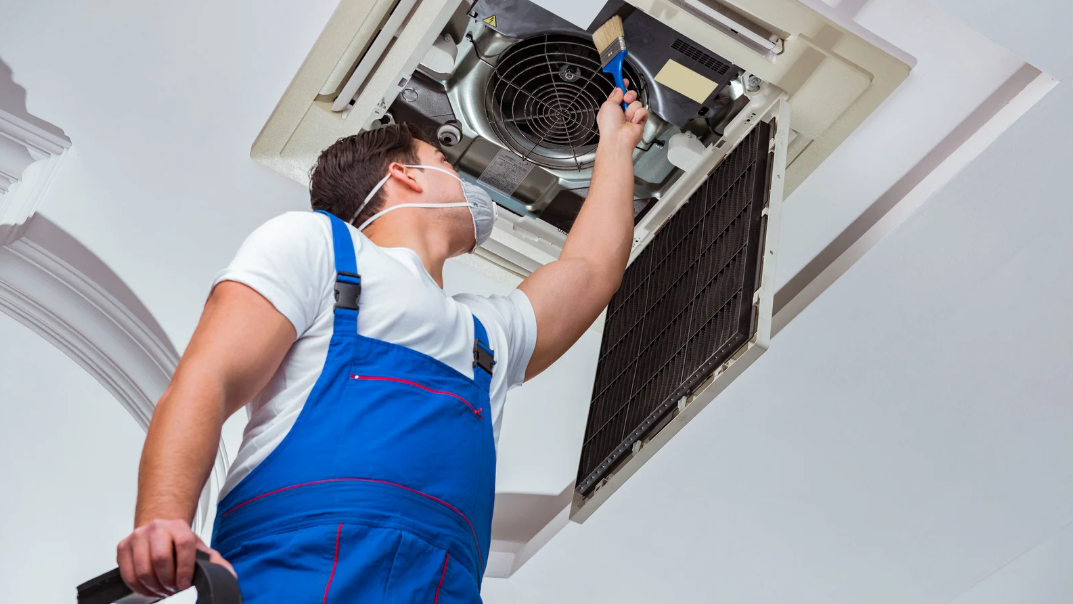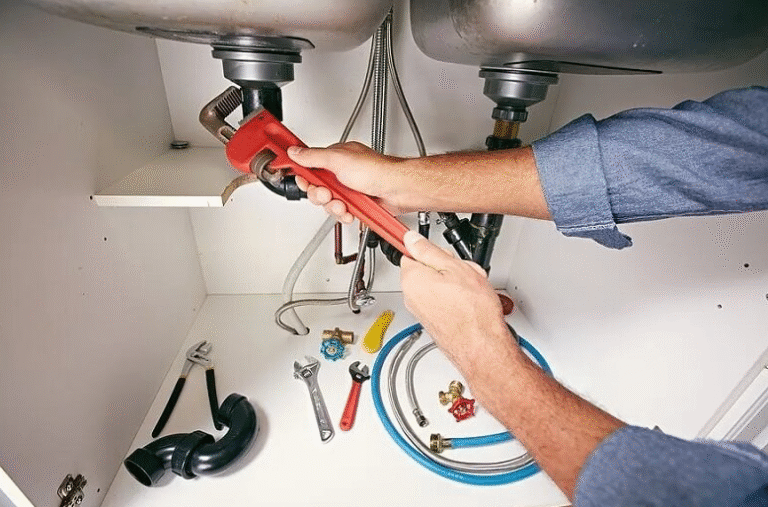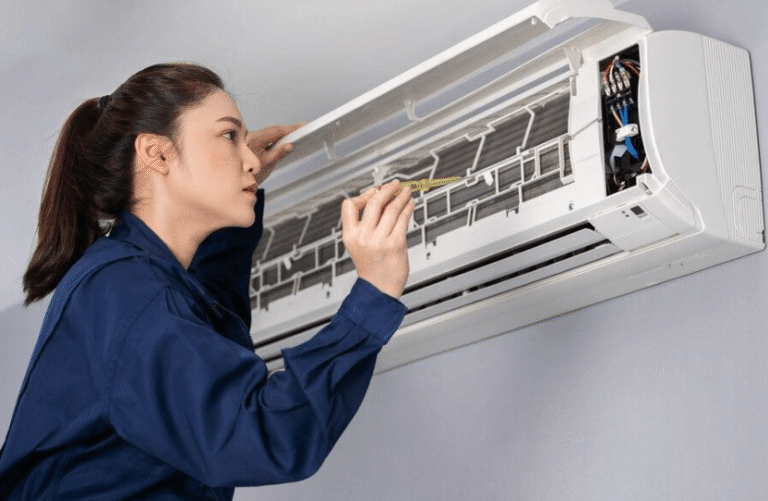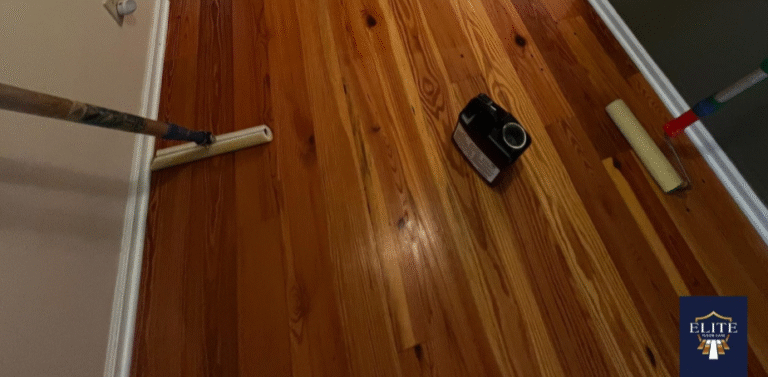How Dirty Filters Can Affect Your AC’s Performance and Lifespan
Air conditioning filters serve as your system’s first line of defense against dust, debris, and airborne contaminants that can compromise indoor air quality and equipment performance. When these filters become clogged with accumulated particles, they create a cascade of problems that impact both immediate comfort and long-term system reliability. Professional services of air conditioner repair in Venice frequently encounter systems suffering from filter-related issues that could have been prevented with proper maintenance. Understanding how dirty filters affect your AC system helps homeowners recognize warning signs and take preventive action. The consequences of neglected filters extend far beyond reduced air quality, impacting energy efficiency, equipment longevity, and repair costs.
Reduced Airflow and System Strain
Dirty filters create significant resistance to airflow, forcing your AC system to work harder to circulate conditioned air throughout your home. This restriction causes the blower motor to consume more energy while delivering less cooling capacity to living spaces. The reduced airflow creates uneven temperature distribution, leading to hot spots and extended cooling cycles that strain system components.
When airflow becomes severely restricted, the evaporator coil receives insufficient air movement to facilitate proper heat exchange. This condition causes the coil to become excessively cold, potentially leading to ice formation that further blocks airflow and reduces system efficiency. The compressor must work longer to achieve desired temperatures, increasing wear on this expensive component while driving up energy costs.
See also: Tips To Make Your Custom Home Feel More Spacious
Energy Efficiency Decline and Increased Costs
Clogged filters force AC systems to consume significantly more electricity to maintain comfortable indoor temperatures. Studies show that dirty filters can increase energy consumption by 15 to 30 percent, directly impacting monthly utility bills. This inefficiency stems from extended run times and increased electrical draw from overworked components struggling against restricted airflow.
The compressor, being the most energy-intensive component, bears the greatest burden when filters become clogged. Extended operation cycles increase electrical consumption while reducing the system’s ability to remove humidity effectively. This creates a cycle where homeowners lower thermostat settings to achieve comfort, further increasing energy usage and costs.
Component Damage and Premature Failure
Restricted airflow caused by dirty filters creates operating conditions that can damage expensive system components. The evaporator coil becomes vulnerable to freezing when insufficient air passes over its surface, potentially causing refrigerant line damage and compressor strain. These conditions often require professional intervention to prevent catastrophic system failure.
Blower motors face increased stress when pushing air through clogged filters, leading to overheating and premature bearing failure. The additional strain shortens motor life while increasing the likelihood of unexpected breakdowns during peak cooling seasons. Understanding how often to change the air conditioner filter tips for optimal performance helps prevent these costly component failures through proactive maintenance.
Indoor Air Quality Deterioration
Saturated filters lose their ability to capture airborne particles, allowing dust, pollen, and other contaminants to circulate freely through your home’s air. This degradation particularly affects family members with allergies, asthma, or respiratory sensitivities who rely on filtered air for health and comfort.
Beyond particle filtration, dirty filters can harbor bacteria, mold, and other microorganisms that thrive in moist, debris-laden environments. These contaminants can be distributed throughout your home’s ductwork, creating persistent odors and potential health concerns that require professional remediation.
System Lifespan Impact and Replacement Costs
The cumulative effects of operating with dirty filters significantly reduce AC system lifespan by creating chronic stress on mechanical components. Compressors, blower motors, and control systems face constant strain that accelerates wear patterns and increases failure rates. This premature aging translates directly into earlier replacement needs and lost investment in your cooling system.
Professional maintenance records consistently show that systems operating with clean filters experience fewer breakdowns and longer service life. How timely AC repair prevents more costly breakdowns demonstrates the importance of addressing filter maintenance before problems escalate to expensive repair situations.
Conclusion
Neglecting air conditioning filter maintenance creates a domino effect of problems that impact system performance, energy efficiency, and equipment longevity. The relatively simple task of regular filter replacement prevents costly repairs while maintaining optimal indoor comfort and air quality. Professional HVAC technicians consistently emphasize filter maintenance as the most effective preventive measure homeowners can implement to protect their cooling investment and ensure reliable operation throughout demanding summer months.






